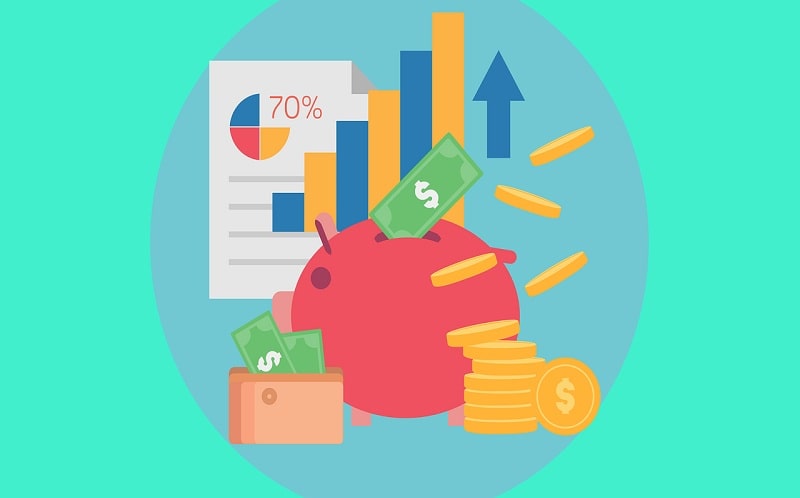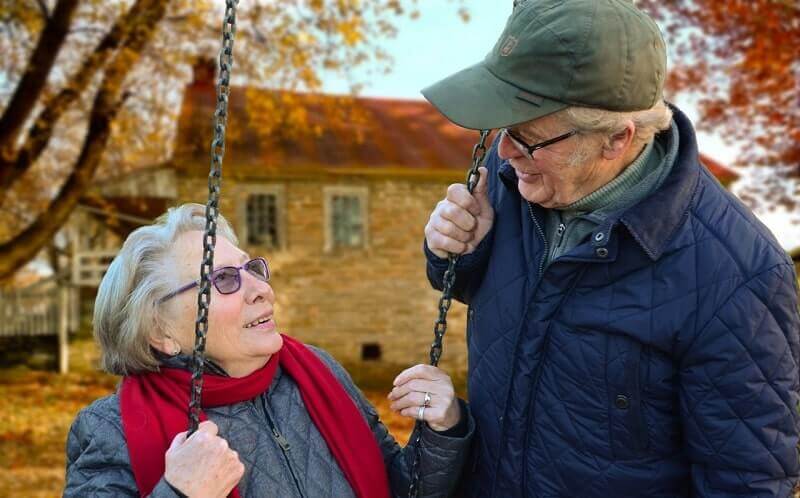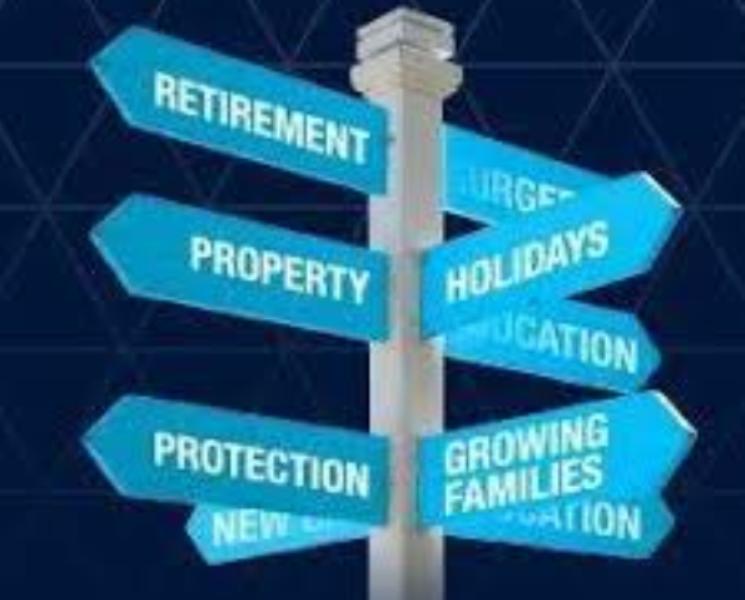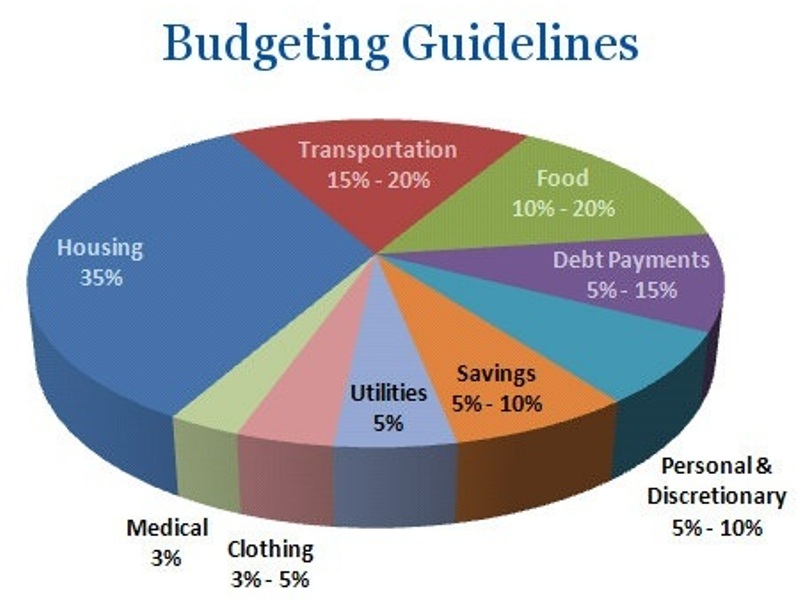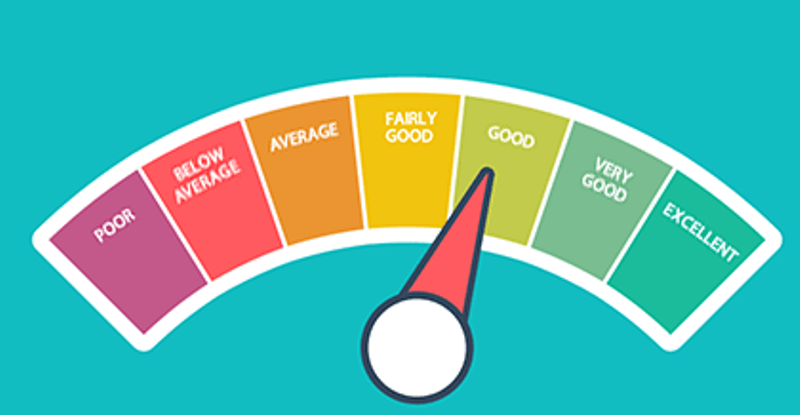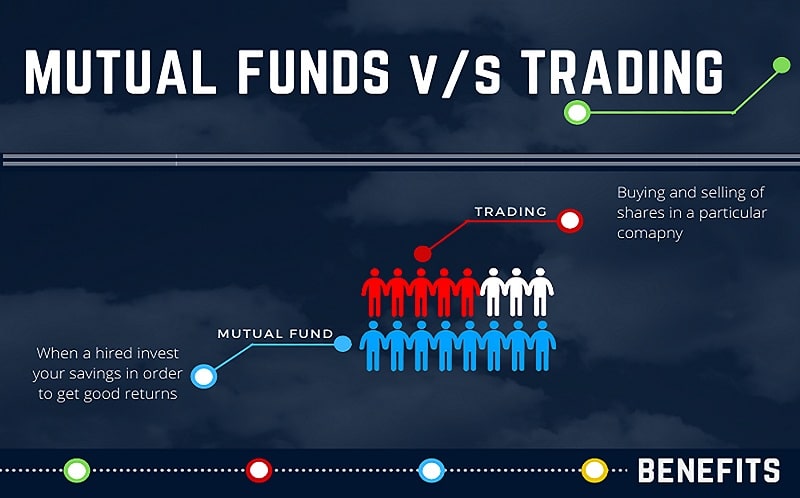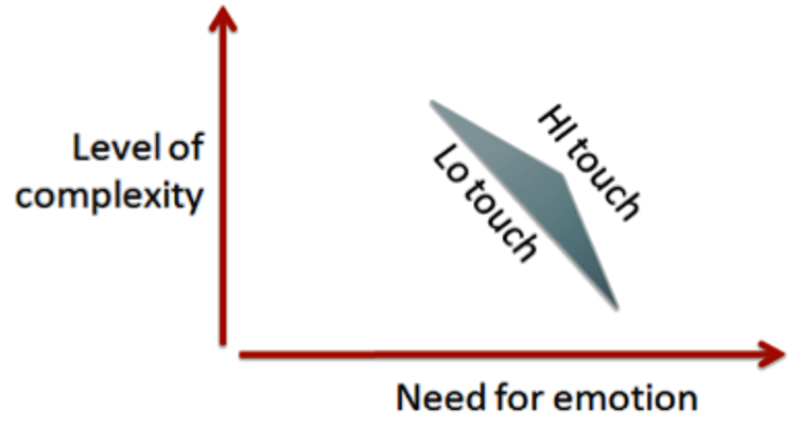Retirement benefits from Social Security (Social Security Retirement or SSR) depend on your work history in the US.
The Social Security Administration (SSA) is in charge of the SSRs. You receive “credits” from SSR when you pay Social Security taxes. The amount of money you have to earn to receive credits increases a little every year. The credits you earn remain in your Social Security record. Then, even if you change jobs, move to another state or not earn any money for a while, you will continue to have the credits you previously earned.
You must have a certain amount of credits before SSA begins paying your retirement benefits. Most workers in the US (96%) are covered by Social Security. However, some types of work either do not earn credits or have special rules for earning credits.
Jobs that do not earn credits
Some jobs are not covered by Social Security. Some examples of these works are:
- Most federal government employees hired before 1984
- Railway workers who have worked for more than 10 years
- Government employees whose employer is a state or municipality that does not pay Social Security taxes
- Works with special rules to earn credits
Some jobs have special rules to earn credits. Some examples of these works are:
- Work on my own accord
- Work in the armed forces
- Domestic work
- Agricultural work
- Work for a church
For more information on these types of work, read If you are self – employed and Military Service and Social Security (Military Service and Social Security) at the SSA website.
If you don’t know if you earned credits for a job you had or if there were special rules for earning credits, contact the SSA.
When can you retire?
The age you can start receiving full SSR benefits depends on the year you were born. If you are born between 1943 and 1954, you can receive full benefits at 66 years of age. If you were born in 1955 or later, the age at which you can receive full benefits gradually increases from 66 to 67. For example, depending on your year of birth, the full retirement age could be 66 years and six months. To find out how many years you have to be to collect your full retirement benefits, you can use the Calculator for full SSA retirement age.
You may be able to retire early with reduced benefits, or you may decide to delay retirement and increase your benefits. If you are deciding when to retire, contact the SSA for your options. Sometimes, the month you decide to retire can affect the amount of the benefit you receive. SSA employees can help you make informed decisions about your retirement.
Early retirement
If you want to retire before reaching full retirement age, you may be able to do so, but SSA will reduce your benefit amount. The earliest you can retire is at 62 years of age, regardless of when you were born. The earlier you retire, the more your benefits will be reduced. For example, if you turn 62 in 2019 and retire this year, your benefits will be about 27.5% less than what you would receive if you had waited until you reached full retirement age.
Deferred Retirement
If you choose not to retire when you reach full retirement age, you will increase your benefits in two ways. First, you will increase your total income throughout your life for each year you work after reaching full retirement age. Second, the number of your benefits will increase a certain percentage for each year you work after reaching full retirement age until you reach 70 years of age. The percentage increase in benefits varies, but it is likely to be no more than 10%.
How to request SSR
Apply for benefits approximately three months before you want to start receiving them. You can apply for retirement benefits online (in English), or call the toll-free number. You will be able to also visit the local Social Security office for submitting an application in person. If you decide to submit the application in person, you should call ahead to schedule an appointment, so that you won’t have to wait that long.
What documents will you have to submit
Before submitting the application, you will have to gather a lot of information. Some of the most important things you will have to have are:
- A Social Security card or a record of your Social Security number
- A birth certificate or proof of age
- Your tax return from last year
- Your certificate of discharge from military service, if you were in the Armed Forces
- Your spouse’s birth certificate and Social Security number, if he/she applies for benefits
- Birth certificates and Social Security numbers of your children, if you apply for child benefits
Proof of U.S. citizenship or legal immigration status if you (or a spouse or child applying for benefits) were not born in the United States
The name of your credit union or bank, the bank routing number and your account number, so that the benefits can be deposited directly into the account
You must submit original documents or copies certified by the agency that issued them. You can mail them or take them to an SSA office, where an employee will make copies and return the documents.
How to receive your benefits
Once you approve your benefits, SSA will send you a letter telling you when you will start receiving payments and how much you will receive per month. SSR payments are made the month after expiration. For example, if you tell SSA that you want your benefits to begin in May, you will receive your first payment in June.





